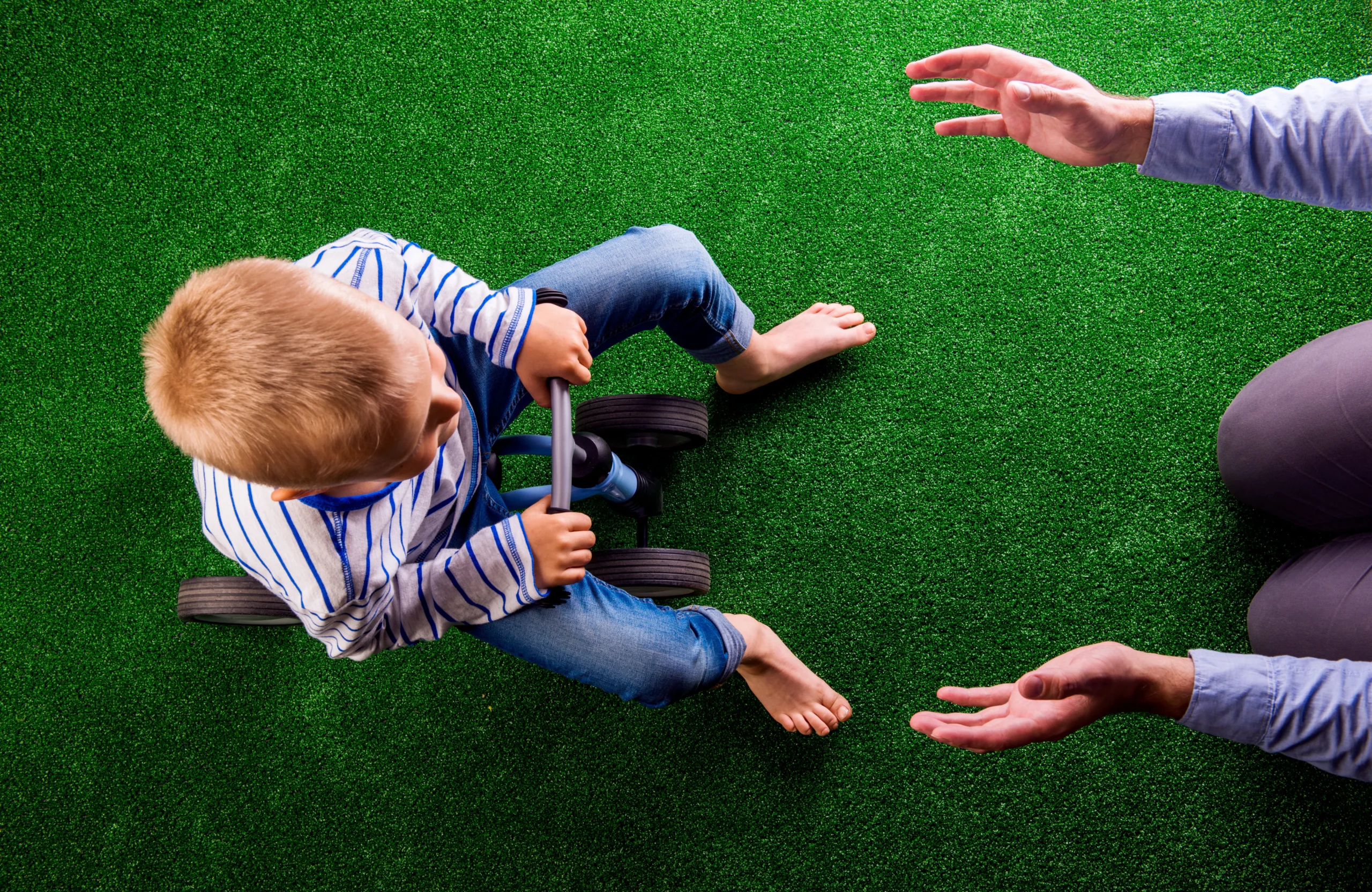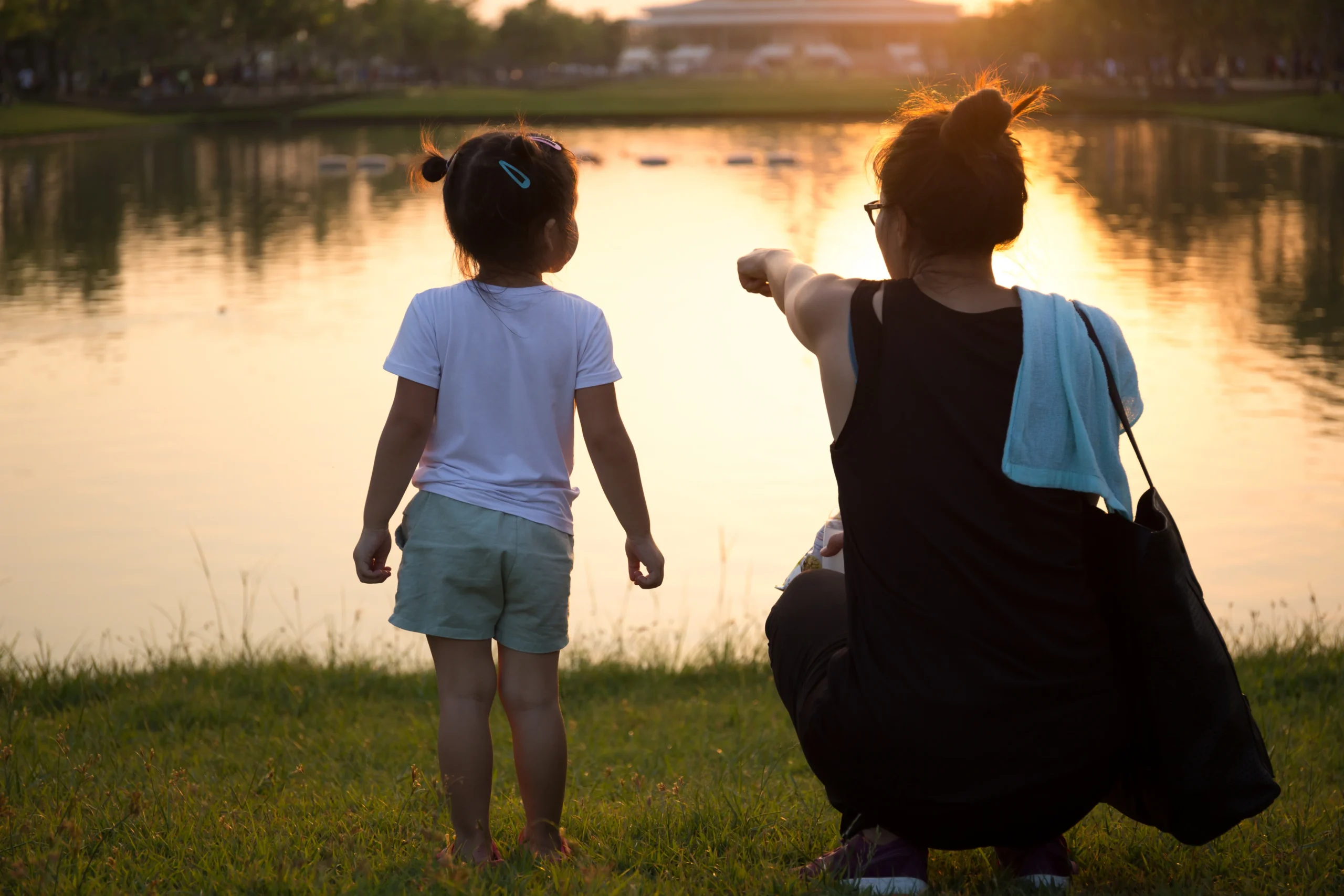Parenting is a journey intertwined with chapters from past generations. Many of us unknowingly repeat habits—both loving and limiting—that were passed down to us. From strict discipline to emotional suppression, these generational patterns can cling to us, affecting our children and family legacy. But here’s the hopeful truth: awareness and intentional change can create ripples of healing that enrich generations to come. In this post, we’ll explore three actionable strategies to break these cycles, introducing you to a journey of transformation rooted in mindful parenting and conscious co-parenting.
1. Understand the Roots of Your Patterns
Reflect on Family History
Begin with self-awareness. Consider your upbringing—were emotions openly expressed, or were they suppressed in favor of stoicism? Did praise pour forth, or did criticism dominate? Identifying these ingrained behaviors helps illuminate the areas needing change.
- Child Development Specialists often emphasize the importance of examining family narratives to understand inherited behaviors.
- Engaging in a family meeting invites parents and older children to discuss beliefs and emotions around discipline, expectation, and affection—opening the door to shared awareness.
2. Implement Conscious and Mindful Parenting Practices
Once you recognize inherited patterns, intentional change can begin:
a. How to implement conscious parenting techniques at home
- Slow down during moments of frustration.
- Choose to respond thoughtfully rather than react impulsively.
- Encourage your child’s emotional exploration—even when it challenges you.
b. Embrace Nonviolent Communication
- Use “I feel… when…” statements instead of “You always…”.
- Teach children that expressing needs (like wanting help with toddler activities) is okay.
- This approach cultivates respect and empathy.
c. Positive direction with positive discipline strategies for toddlers
- Replace punitive responses with redirection: offer tools and choices instead.
- Empower toddlers with agency: “Would you like the blue or green cup for snack?”
- This fosters confidence and autonomy.
d. Practice benefits of mindful parenting for child development
- Stay present—notice and validate your child’s emotions.
- Your attention shows them they matter, bolstering emotional regulation.
3. Build a Supportive System Around You
Transforming generational patterns doesn’t happen in a vacuum—it thrives with support and guidance.
a. Engage with a Child Development Specialist
- Professional insight offers personalized strategies helpful in shifting long-standing habits.
b. Lean into conscious co-parenting
- When both caregivers embrace emotional awareness, it models unity and respect for their children.
- Visit our consultation page for guided help in aligning co-parenting values.
c. Equip Yourself with Expert Resources
- The Best Parenting Books section on our site features titles rich in practical wisdom for conscious parenting and co-parenting.
- Our LMS (Learning Portal) offers courses focused on mindful parenting techniques.
d. Practice Regular Family Meetings
- Weekly check-ins keep lines of communication open.
- Discuss family wins, challenges, and evolve household agreements together.
Real-Time Impact: What the Research Shows
- A 2023 study from the National Institutes of Health found that children whose parents practice mindful parenting experienced 30% better emotional self-regulation.
- Households with consistent family meetings report 25% better conflict resolution and family cohesion, according to the Family Lab USA.
Conclusion
Breaking generational parenting patterns is courageous work—but deeply rewarding. By recognizing inherited habits, embracing conscious parenting, and building a supportive framework, you’re not just guiding your child today—you’re setting a generational path of healing.
Tip: Start small—dedicate five minutes each evening to discuss highs and lows with your child. Choose empathy, stay curious, and remain present.
For more tools to support your journey, don’t forget to follow us on Instagram, and YouTube.For the latest news, research, and expert features, click here to view our recent press releases—and stay empowered on your path as the conscious parent.






